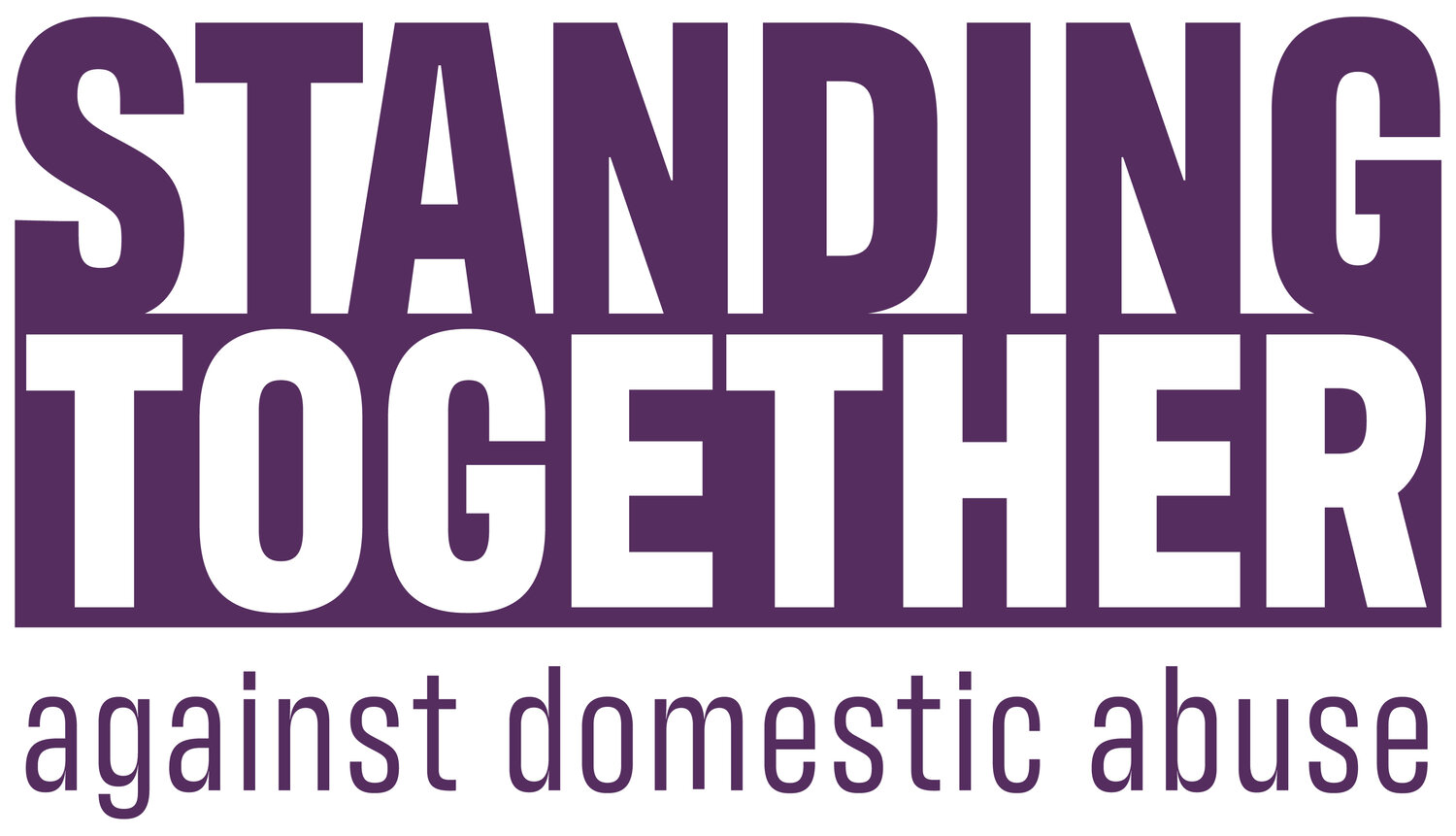STADA had a fantastic time at the Women’s Health Conference 2024 – North East and North Cumbria
This July, the Women’s Health Conference 2024 at the North East and North Cumbria ICB’s inspired key reflections, thoughts and ideas by our Senior Whole Health Regional Lead for the North of England Alison Maynard. Standing Together advocates for a 360 approach to health, and we are working to transform the health response to domestic abuse through our pioneering Crossing Pathways project. Discover Alison’s key insights in her blog post below:
We were so pleased to be represented among many brilliant conference delegates on 11th July. This event was planned and executed brilliantly by the North East and North Cumbria Integrated Care Board, with a vibrant host of presenters and enthusiasm from the multi-agency audience. The aim of the conference was to showcase all the fantastic work on Women’s Health Strategy within the region. The packed agenda gave much food for thought for our Whole Health approach to domestic abuse.
Here are some key takeaways:
The Pathfinder, Crossing Pathways and Health Accreditation Recommended
Dr Rosie Baker, Office for Health Improvement and Disparities, presented her regional Needs Assessment for the full implementation of the Women’s Health Strategy. On Violence Against Women and Girls, Dr Baker highlighted the Whole Health Mapping. The Needs Assessment recommended the rollout of the Pathfinder Toolkit and encouraged participation in the Crossing Pathways: Integrating Best Practice in Health and Domestic Abuse network meetings. This signified a major moment for the STADA Health Team and the next stages of the project and the eagerly anticipated Health Accreditation Scheme. It is also a huge step toward improving collaboration with health partners nationally and regionally.
Data, Evidence and Digital Innovations in Women’s Health
A variety of topics were discussed, particularly health inequalities, deprivation and poverty experienced by female patients in the North East and North Cumbria region. The necessity for more robust data and evidence on women’s health was unanimous, and the overarching requirement for evidence to inform our recommendations. Dame Lesley Regan called for health reforms to be based on evidence and not emotion. The Women’s Health Ambassador for England, Professor Dame Lesley Regan encouraged the move to action on the various priorities of the Women’s Health Strategy that required no further conversations, but simply getting the job done.
Digital innovations to improve health disparities were among the exciting prospects up for discussion and conference stalls were there showcasing their digital solutions to improve health outcomes for women. Women make up 51% of the population, and it was no surprise that the call for women’s health to be hailed as a key factor in economic stability, and petitioning our newly appointed government, was on everyone’s lips. Additionally, Women’s Health Hubs and their sustainability were in focus. These hubs have the ability to bring together collaborative multiagency partners to address women’s health needs. Our emphasis is that the domestic abuse responses within the Women’s Health Hubs cannot be understated.
NHS Staff with Lived Experience
We heard of the significant support needs among NHS staff with lived experience. An important takeaway for the STADA Health Team was how this can impact upon NHS staff survivors of domestic abuse. NHS have a 78% female workforce and is the biggest employer in Europe. It seems about time their health, safety and wellbeing were made a key priority. Particularly those experiencing violence and abuse at home. Survivor voice and lived experience support groups were showcased and desire was shown for ongoing collaboration and co-production in health. To read our Centring the Survivor Report, click here. The North East and North Cumbria Integrated Care Board are keen to hear from similar groups in the region.
Our Health Team has taken away an enormous amount of learning from the day. The conference has provoked plenty of ideas. We express our thanks to North East and North Cumbria Integrated Care Board for inviting us and hosting such an inspiring event. We look forward to the next one!
Find out more about our Crossing Pathways project here.
